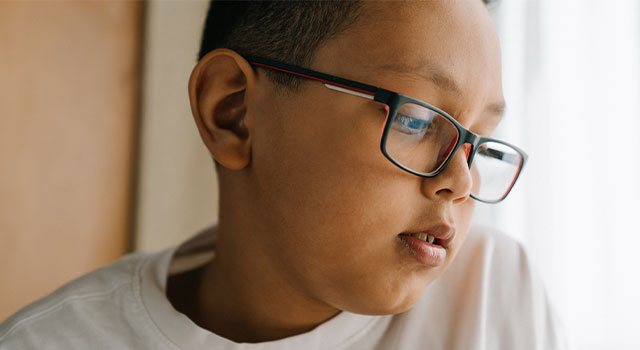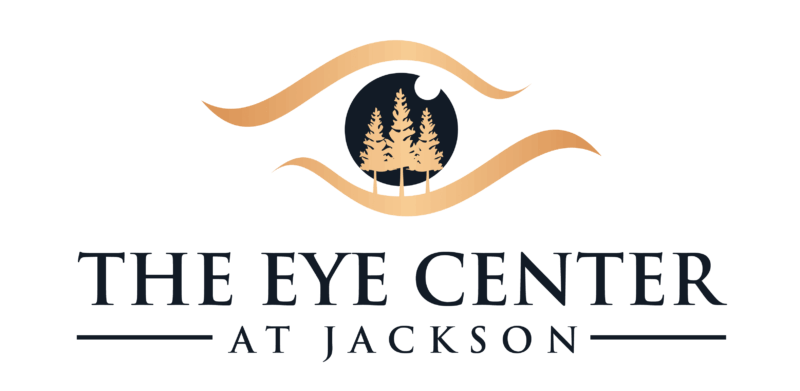 If you have myopia (nearsightedness), can you pass nearsightedness on to your children? Yes, you can. Having myopic parents greatly increases a child’s risk of developing myopia.
If you have myopia (nearsightedness), can you pass nearsightedness on to your children? Yes, you can. Having myopic parents greatly increases a child’s risk of developing myopia.
Due to heredity and other risk factors, myopia is reaching epidemic proportions – with more than 50% of the population expected to be myopic by 2050. That’s worrying, as having moderate to severe myopia greatly increases the risk of developing sight-threatening eye diseases like glaucoma and macular degeneration later in life.
What Is Myopia?
If you have myopia, distant objects will appear blurred. This happens when your cornea or eye lens is oval-shaped and excessively curved. As a result, the light entering your eye focuses images in front of your retina instead of directly on it, causing blurred vision.
Can Myopia Be Inherited? What the Stats Say
The answer is yes, myopia can be passed on from parents to children. There are 40 genes that influence the eye’s development and shape, and these could be responsible for nearsightedness.
Children with one myopic parent are 1.5x more likely to develop the condition, and the risk is tripled if both parents have myopia. This makes getting a comprehensive eye exam a must for any child of nearsighted parents.
Other risk factors include spending less than two hours a day outdoors and engaging in “near work” activities like reading and spending time on an electronic device, such as a computer or cell phone. Fortunately, there are ways to manage, slow and sometimes halt myopia progression.
What’s Myopia Management?
Myopia management is a systematic approach to preventing the progression of myopia. It includes lifestyle changes and treatments that help keep your child’s myopia from progressing.
We use the latest technology to ensure your child's vision remains stable and healthy for years to come.
Protect Your Child’s Vision With Myopia Management
Let us help your child diminish the risk of developing ocular disease and vision loss with our effective myopia management program. Schedule an appointment with Rajeev K. Raghu, OD, FAAO, Diplomate, ABO at The Eye Center At Jackson in Jackson. We'll use the latest technology to ensure your child's vision remains stable and healthy for years to come.
Our practice serves patients from Jackson, Lakewood, Freehold, and Tom's River, New Jersey and surrounding communities.
Q: What are some ways I can reduce my child’s screen time?
- A: It isn’t easy to change habits, but as a family, you can work together to reduce screen time. Try the following:- Set limits on total amount of screen time per day
- Create routines around screen use–such as after homework and chores
- Model healthy screen use for your child
- Talk to your children about why it is important to limit screen time
- Engage in physical activity and outdoor sports as a family
Q: When Does Myopia Typically Develop?
- A: Myopia begins in children as young as 6 and tends to progress until roughly the age of 20. The more it progresses, and the higher the prescription, the greater your child's risk of developing potentially sight-threatening eye conditions, such as cataracts, glaucoma, macular degeneration and retinal detachment later in life.
